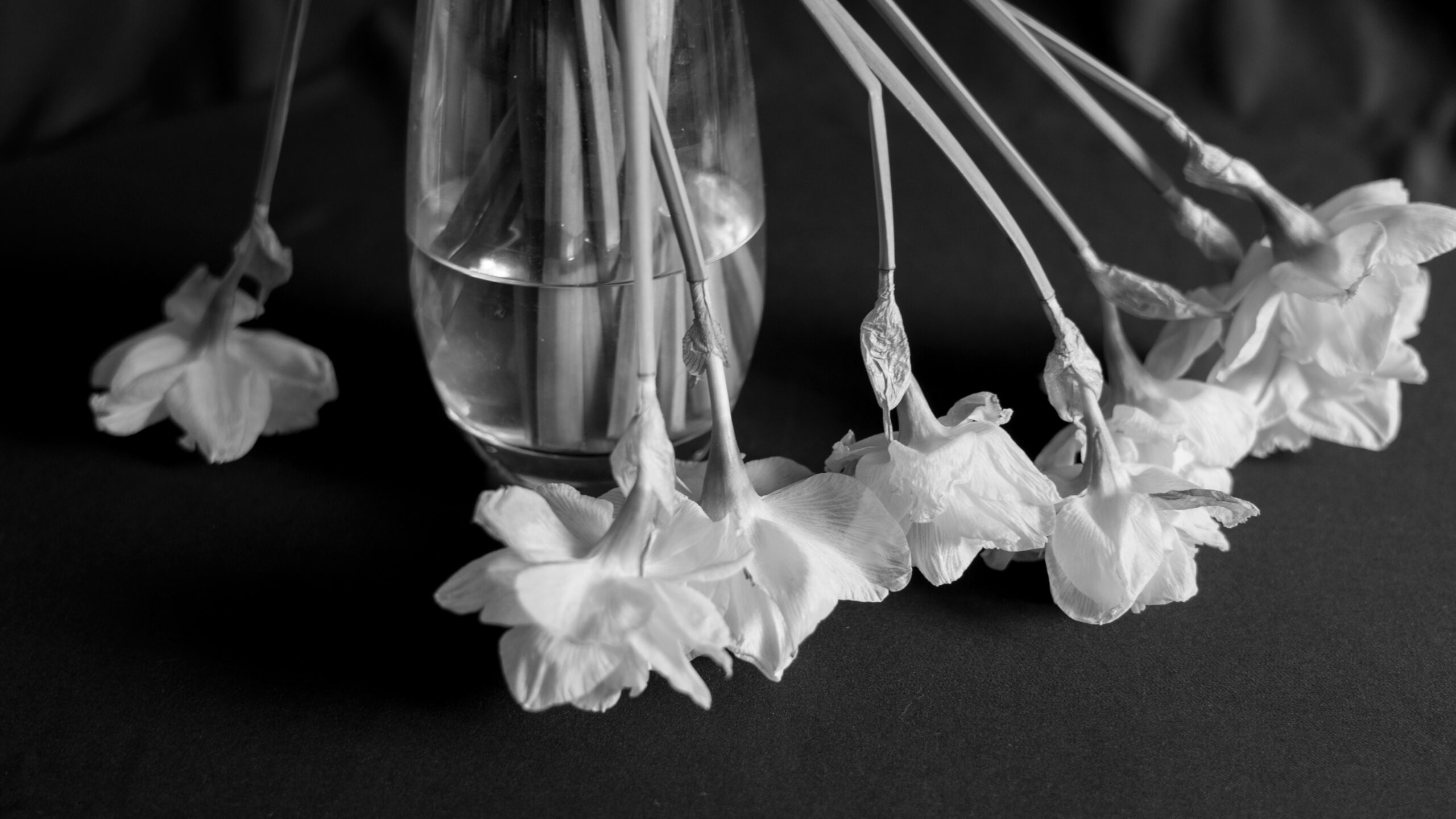This article is a prequel to ongoing research into DIY Healing Within Ancestral Lands. A project born of growing up in a family system that was not kind, welcoming or loving. I did not belong. And of being purposefully isolated and cut off from another family system that was not much better. I started this research because I needed to find a way of healing and improving my relationship with myself and others. To be the kind of parent I wanted to become.
\nŏ-stăl′jə, nə-\
(verb): 1. the act of creating, imagining a "better" past/other context that we would feel valued and flourish within 2. Imagining a past/other through creative remembering and forgetting; collaboratively and singularly
We nostalgia past place/other to compensate for, soothe, escape a current context; usually one of neglect, abuse, abandonment.
We also nostalgia to alleviate feelings of shame, guilt, loss, and alienation as a result of the above.
Unfortunately, the act of nostalgia minimizes agency (personal and collective) and flattens the complexity of relationality and context.
*An entry from A DIY Healing Dictionary of Intrapersonal, Interpersonal, and Social Being. The dictionary is a work in progress and part of the larger DIY Ph.D. - Prefiguring Learning for the Ecocene performance.
\ är′tĭst \
Definition
(noun):
1. a person who co-creates and communicates intentional, reflexive experiences with perspective.
2. a person who interacts with and processes the world primarily through aesthetic experiences, i.e. art.
*An entry from A DIY Healing Dictionary of Intrapersonal, Interpersonal, and Social Being. The dictionary is a work in progress and part of the larger DIY Ph.D. - Prefiguring Learning for the Ecocene performance.
care, agency, wisdom
Reading that is continually freeing me to (re)negotiate and prefigure a life within the cracks.
\ frē′dəm \
(noun): the capacity to imagine how things might be elsewise, with the flexible support to try, and the hope of possibilities.
(adverb) freeing: the state of imagining possibilities; relieved of the restraints of the singular, opened to the multitudes of potentialities.
(verb) to free: 1. to imagine, illuminate, share, and explore potentialities. 2. to flexibly support, facilitate, or otherwise encourage exploring potentialities.
Often conflated with related concepts of autonomy and agency. Is social as much as personal.
*An entry from A DIY Healing Dictionary of Intrapersonal, Interpersonal, and Social Being. The dictionary is a work in progress and part of the larger DIY Ph.D. – Prefiguring Learning for the Ecocene performance.
Freedom?
What about the freedom to care?
Stretched to the limit,
frayed,
torn apart,
the courage to say no,
no, that is too much!
No, that is not acceptable!
No, that is not what I need.
The courage to say no opens up
the possibility,
the mental space,
the emotional wherewithal
to care.
Will we stand
and fight
for the freedom
to care?
I have struggled most as an artist and parent. Living on a single income, with twice the expenses, limits what I can do and where. I can only travel for research if the boy can come along, and has something to occupy him. The same goes for residencies. And the cost of even occasional childcare is prohibitive, let alone regular care. Travel and compartmentalization is fragmentation, causing sanity, time, and financial problems. Again, exponentially even more so with a learning difference. This is in part why my work rejects the artificial division of life, work, family, and environment. And why my practice is integrated, so I can survive and work. Not just survive, thrive. I know, just by the demographics of people who are parents, and people with disabilities, that I am not the only one.
this is not a manifesto. this is life.
A fresh and thought provoking performance at Spilt Milk Gallery in Edinburgh confronting the hidden costs of university for people who aren’t young, male, single, have no learning differences, and no caring responsibilities.


